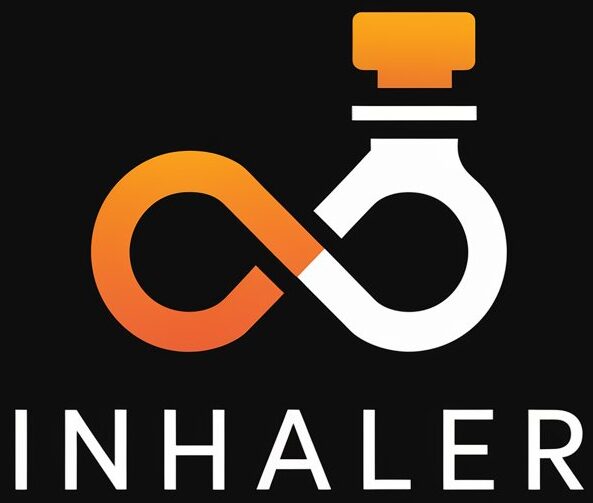Over-the-counter bronchodilators are instrumental in management and treatment of bronchospasm-related conditions like asthma, chronic obstructive pulmonary disease (COPD), bronchitis, and other respiratory diseases. A bronchodilator’s primary function is to relax constricted bronchial muscles, thereby improving airflow to the lungs. Available without a prescription, over-the-counter bronchodilators are easily accessible, affordable, and convenient; although, their appropriate use demands understanding and caution to avoid detrimental health impacts.
The following section tries to decipher the essentials of over-the-counter bronchodilators, how they function, and what their pros and cons are.
Functioning of Over-the-counter Bronchodilators
Bronchodilators alleviate the symptoms of bronchospasm by expanding narrowed airways. However, over-the-counter bronchodilators usage should only be for short-term relief as they don’t target the root cause of the condition, inflammation of the airways. Over-reliance or misuse can exacerbate the underlying respiratory illnesses.
Over-the-counter bronchodilators work in two ways: stimulate the muscles that open the airways and block the release of substances that cause the airways to spasm and tighten. The medication primarily kicks in within 15 to 30 minutes after taking. They may offer relief for up to four to six hours depending on the drug formulation.
Ideal Use of Over-the-counter Bronchodilators
Over-the-counter bronchodilators should ideally be used for emergency relief of asthma and COPD symptoms. They should not be used as the first choice in managing these diseases. Before using these drugs, it is advisable to seek medical advice to ensure you understand their side effects and interactions with other medications. Also, one should strictly adhere to the recommended dosage to avoid complications.
Potential Risks of Over-the-counter Bronchodilators
Despite the relief they offer, over-the-counter bronchodilators can pose potential health risks if misused. Side effects can range from mild to severe. They may include rapid heartbeat, tremors, nervousness, difficulty sleeping, headaches, and increased blood pressure. Overdose can cause severe symptoms that can be life-threatening, such as extreme restlessness, rapid breathing, chest pain, or seizures. It is always vital to use bronchodilators under the guidance of a healthcare professional.
Raising Awareness about Over-the-counter Bronchodilators
In conclusion, over-the-counter bronchodilators serve as convenient options for individuals experiencing sudden respiratory distress, especially when a prescribed inhaler is unavailable. However, responsible use and progressing awareness about possible risks are equally important. These medications should not replace regular asthma or COPD controls and management. Always consult a healthcare professional before starting any new over-the-counter medications.
Frequently Asked Questions
1. Can I use over-the-counter bronchodilators for regular asthma management?
No, over-the-counter bronchodilators should not be used as the primary treatment for managing asthma. These are only for emergency relief of symptoms.
2. Are there any potential side effects of using over-the-counter bronchodilators?
Yes, potential side effects include rapid heartbeat, tremors, nervousness, difficulty sleeping, and increased blood pressure. Severe symptoms can occur with misuse and may be life-threatening.
3. How quickly do over-the-counter bronchodilators start to work?
Typically, these medications begin to take effect within 15 to 30 minutes after taking and may offer relief for up to four to six hours.
4. Is it safe to use over-the-counter bronchodilators without consultation with a healthcare professional?
No, it’s always advisable to seek the advice of a healthcare professional before starting any new medication, including over-the-counter bronchodilators.
5. Can I take other medications while using over-the-counter bronchodilators?
It depends on the type of medication. Certain drugs can interact negatively with over-the-counter bronchodilators. It is best to consult your healthcare provider if you’re considering taking any other medications.

